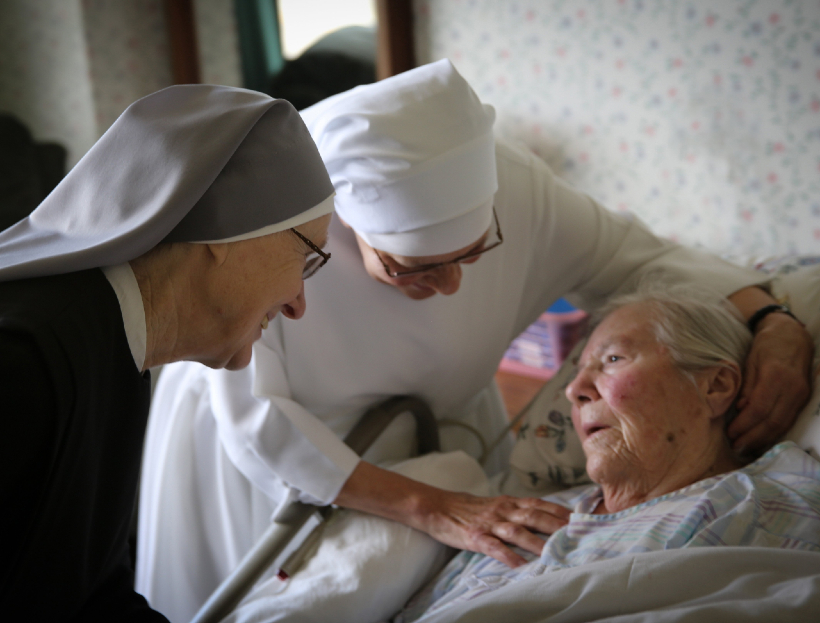
(CNS photo/courtesy Little Sisters of the Poor)
June 15, 2022
Continuing his catechesis on the value of old age at the General Audience, Pope Francis invites the elderly to overcome the temptation to stand aside, because the Lord never discards them, but rather restores their strength to serve.
During the Wednesday General Audience, Pope Francis continues his catechesis series on the elderly, reflecting on the account of the healing of Simon’s mother-in-law in the Gospel of Mark
“We do not know if it was a mild illness, but in old age, even a simple fever can be dangerous,” the Pope said, adding “when you are old, you no longer command your body. One must learn to choose what to do and what not to do.”
He noted that in old age, the vigor of the body fails and abandons us even though our heart does not stop yearning and we must then learn “to purify desire: to have patience, to choose what to ask of the body, or of life.”
Illness and the elderly
Illness weighs on the elderly in a different and new way than when one is young or an adult, said the Pope, noting that an old person’s illness appears to hasten death and diminishes the time we have to live, which is already considered short.
For many elderly people, he explains, doubt begins to creep in that they would not recover and they may begin to lose hope in the future.
But the Gospel scene helps us to hope and offers a first lesson: that Jesus did not visit the sick woman alone, rather, he went there with the disciples.
In the same manner, “the Christian community that must take care of the elderly relatives and friends,” the Pope said.
Christian community and the elderly
Pope Francis insists that visits to the elderly should be done by many, together and often, especially in these days when the number of the elder has increased.
He adds that we should feel a responsibility to visit the elderly who are often alone and present them to the Lord with our prayers.
Thus, Jesus sees the sick woman, takes her by the hand and heals her. With this gesture of love, noted the Pope, Jesus gives a first lesson to the disciples, that “salvation is announced or, better, communicated through attention to that sick person; and the woman’s faith shines in gratitude for the tenderness of God who bent over her.”
Service by the elderly
Following the woman’s healing, she “arose and served them,” Pope Francis pointed out, indicating that this is the second lesson given to us by the woman.
In this regard, he notes that even elders can and should serve the community, cultivating the responsibility to serve and overcoming the temptation to stand aside, because “the Lord does not reject them; on the contrary, he restores to them the strength to serve.”
He said that elders who preserve the disposition for healing, consolation, and intercession for their brothers and sisters, are perhaps “the highest testimony to the purity of this gratitude that accompanies faith.”
So, if elders were placed at the center of collective attention instead of being rejected and removed from community events, they would be encouraged to exercise the valuable ministry of gratitude to God.
The elders’ gratitude for the gifts received from God in their lives, as Peter’s mother-in-law teaches us, “restores to the community, the joy of living together and confers to the faith of the disciples the essential feature of its destination,” the Pope said.
Service of women
The Holy Father goes on to highlight that the spirit of intercession and service which Jesus prescribes for his disciples is not simply a women’s affair, because “there is no trace of this limitation in Jesus’ words and deeds.” In fact, he notes, the evangelical service of gratitude for God’s tenderness is not in any way written according to the grammar of the man who is master and the woman who serves.
However, it does not detract from the fact that women, with regards to gratitude and tenderness of faith, can teach men some things that men may have a hard time understanding, and even Peter’s mother-in-law, before the Apostles arrived, along the path of following Jesus, showed the way to them too.
He went on to highlight Jesus’ special gentleness of taking Simon’s mother-in-law “by the hand” and lifting her up, which shows his special sensibility to the weak and the sick, which he had certainly learned from his mother.
Concluding, the Pope urged everyone to make efforts to bring young and old people together so that the young may learn from the wisdom of the elderly.
By Benedict Mayaki, SJ


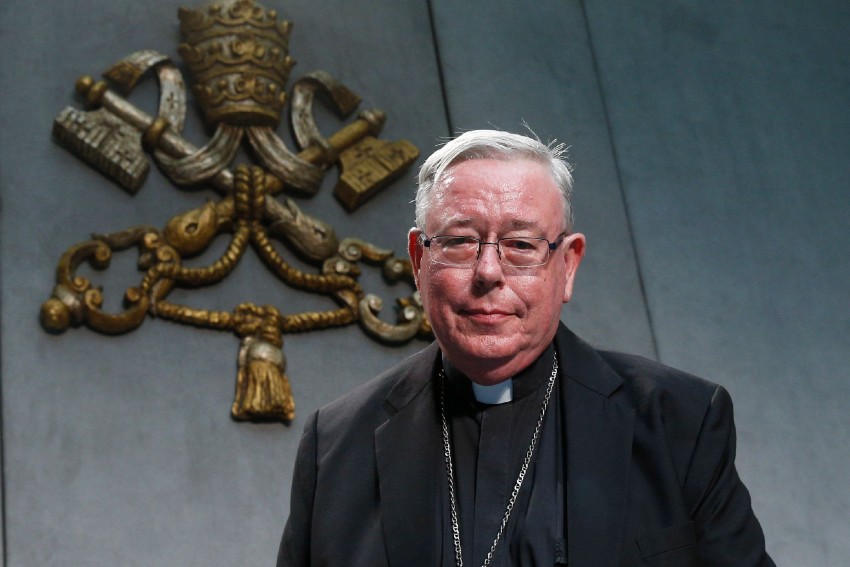

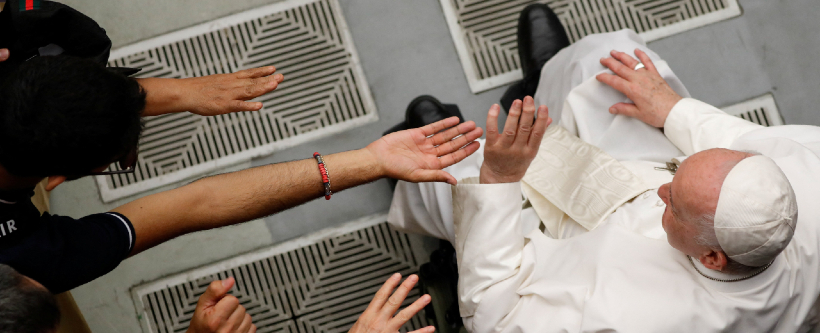
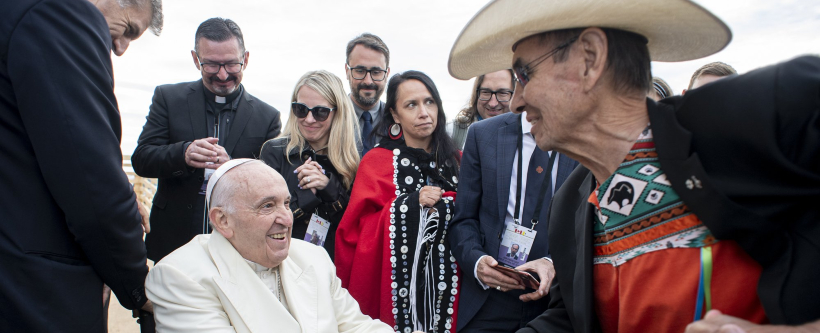
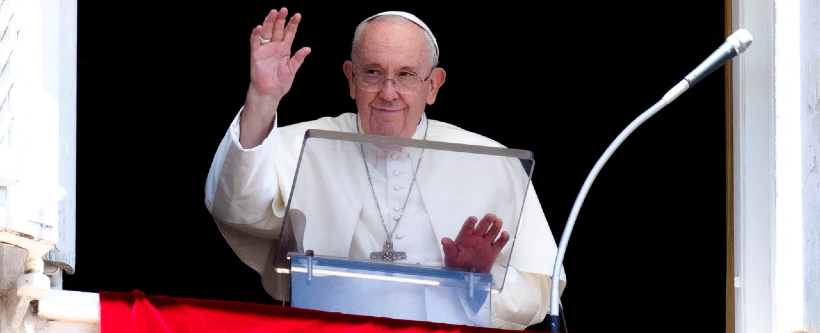
Facebook Comments